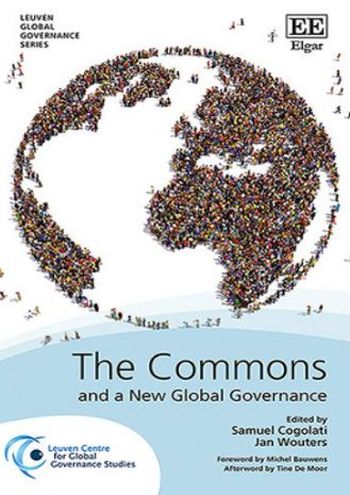We will be closed from 5pm Thursday 17th April for the Easter Bank Holidays, re-opening at 8.30am on Tuesday 22nd April. Any orders placed during this period will be processed when we re-open.

Given the new-found importance of the commons in current political discourse, it has become increasingly necessary to explore the democratic, institutional and legal implications of the commons for global governance today. This book analyses and explores the ground-breaking model of the commons and its relation to these debates.
Featuring original contributions from renowned scholars across the globe and analysis of Elinor Ostrom’s fundamental work, this interdisciplinary book is organized into three main areas of inquiry: the commons as vehicles for the democratization of global governance, the role played by commons-based institutions in global governance and a more normative interrogation around what international law ought to look like to support the commons. Provocative and critical ideas about the current system of global governance act as a stimulus to explore further research and activism in the commons.
The first of its kind to offer a specific focus on the commons and global governance, this much-needed book will prove invaluable for academics in the humanities and social sciences including economists, political philosophers, political scientists and legal scholars. It will also appeal to policy-makers, concerned members of civil society and commons activists.